If your kitchen sink is flooding, the first thing you need to do is fix the clog causing the problem. A clogged sink is one of the most common causes of flooding, and it can be easily fixed with a few simple steps. First, try using a plunger to dislodge the clog. If that doesn't work, you can use a drain snake or a mixture of baking soda and vinegar to break up the clog. Once the clog is cleared, your sink should stop flooding.1. How to Fix a Clogged Kitchen Sink That is Flooding
Understanding the common causes of a kitchen sink flooding can help you prevent it from happening in the future. Some of the most common causes include a clogged drain, a broken pipe, or a malfunctioning garbage disposal. It's important to address these issues as soon as possible to prevent further damage and flooding. Regular maintenance and cleaning of your sink can also help prevent clogs and other issues that can lead to flooding.2. Common Causes of a Kitchen Sink Flooding
When faced with a flooding kitchen sink, it's important to stay calm and take immediate action. Start by turning off the water supply to your sink to prevent more water from entering. Then, remove any items from under the sink and try to soak up as much water as possible with towels or a mop. If the flooding is severe, it's best to call a professional plumber to assess the situation and provide a solution.3. What to Do When Your Kitchen Sink is Flooding
Knowing the warning signs of a potential kitchen sink flood can help you take preventative measures before it happens. Some signs to look out for include slow draining water, gurgling sounds coming from the drain, and foul odors. These are all indicators of a potential clog or other issue that could lead to flooding. If you notice any of these signs, it's best to address them immediately to avoid a potential disaster.4. Signs That Your Kitchen Sink is About to Flood
Preventing a flooded kitchen sink starts with regular maintenance and proper use. Avoid putting large food scraps or grease down the drain, as these can easily lead to clogs. Regularly clean your sink and drain with a mixture of baking soda and vinegar to prevent buildup and keep the pipes clear. It's also important to address any issues or warning signs as soon as they arise to prevent them from escalating into a flood.5. How to Prevent Your Kitchen Sink from Flooding
If your kitchen sink is flooding, there are a few DIY solutions you can try before calling a professional plumber. As mentioned before, using a plunger, drain snake, or baking soda and vinegar mixture can help dislodge a clog. You can also try using a wet/dry vacuum to suck up excess water. However, if these solutions don't work or the flooding is severe, it's best to call a professional for assistance.6. DIY Solutions for a Flooding Kitchen Sink
In some cases, a flooding kitchen sink may require the expertise of a professional plumber. They have the tools and knowledge to properly assess and fix the issue, whether it be a clog or a broken pipe. Professional plumbers can also provide preventative maintenance services to help keep your sink from flooding in the future.7. Professional Plumbing Services for a Flooding Kitchen Sink
Unclogging a kitchen sink is a simple task that can prevent a potential flood. As mentioned before, using a plunger, drain snake, or baking soda and vinegar mixture can help break up and clear a clog. It's important to be cautious when using chemicals or tools, as they can cause damage to your pipes if used incorrectly. If you're unsure of how to unclog your sink, it's best to call a professional for assistance.8. How to Unclog a Kitchen Sink to Prevent Flooding
Proper maintenance and care of your kitchen sink can go a long way in preventing flooding. Some tips to keep in mind include avoiding putting large food scraps or grease down the drain, regularly cleaning the sink and drain, and addressing any issues or warning signs as soon as they arise. You can also invest in a drain stopper or strainer to catch food scraps and prevent them from clogging the pipes.9. Tips for Maintaining Your Kitchen Sink to Avoid Flooding
In some cases, a flooding kitchen sink may be too severe or complicated to fix on your own. If you've tried the DIY solutions and the flooding persists, it's time to call a professional plumber. They can properly assess the issue and provide a solution that will prevent further damage and flooding. It's important to address the problem as soon as possible to avoid any potential health hazards or damage to your home.10. What to Do if Your Kitchen Sink is Flooding and You Can't Fix It Yourself
The Importance of Proper House Design: Avoiding Floods in the Kitchen Sink

Designing a Home with Functionality in Mind
 When designing a home, it's important to consider not only its aesthetic appeal but also its functionality. This is especially true when it comes to the kitchen, which is often considered the heart of the home. However, one common problem that many homeowners face is a flooded kitchen sink. Not only is this an inconvenience, but it can also cause damage to your home and lead to costly repairs. This is why proper house design is crucial in preventing such issues.
When designing a home, it's important to consider not only its aesthetic appeal but also its functionality. This is especially true when it comes to the kitchen, which is often considered the heart of the home. However, one common problem that many homeowners face is a flooded kitchen sink. Not only is this an inconvenience, but it can also cause damage to your home and lead to costly repairs. This is why proper house design is crucial in preventing such issues.
The Role of Proper Drainage and Plumbing
 One of the main reasons for a flooded kitchen sink is poor drainage and plumbing. When designing a home, it's important to ensure that the plumbing system is properly installed and functioning. This includes having the right size pipes and proper drainage to handle the amount of water used in the kitchen. If the plumbing is not up to par, it can lead to clogs and backups, resulting in a flooded sink.
One of the main reasons for a flooded kitchen sink is poor drainage and plumbing. When designing a home, it's important to ensure that the plumbing system is properly installed and functioning. This includes having the right size pipes and proper drainage to handle the amount of water used in the kitchen. If the plumbing is not up to par, it can lead to clogs and backups, resulting in a flooded sink.
Proper Ventilation and Waterproofing
 Another important aspect of house design is proper ventilation and waterproofing. In the kitchen, there is a lot of moisture and steam from cooking and washing dishes. If the kitchen is not properly ventilated, this moisture can build up and lead to mold and mildew growth. Additionally, if the walls and floors are not properly waterproofed, the excess moisture can seep through and cause damage to the structure of the home.
Another important aspect of house design is proper ventilation and waterproofing. In the kitchen, there is a lot of moisture and steam from cooking and washing dishes. If the kitchen is not properly ventilated, this moisture can build up and lead to mold and mildew growth. Additionally, if the walls and floors are not properly waterproofed, the excess moisture can seep through and cause damage to the structure of the home.
Designing with Prevention in Mind
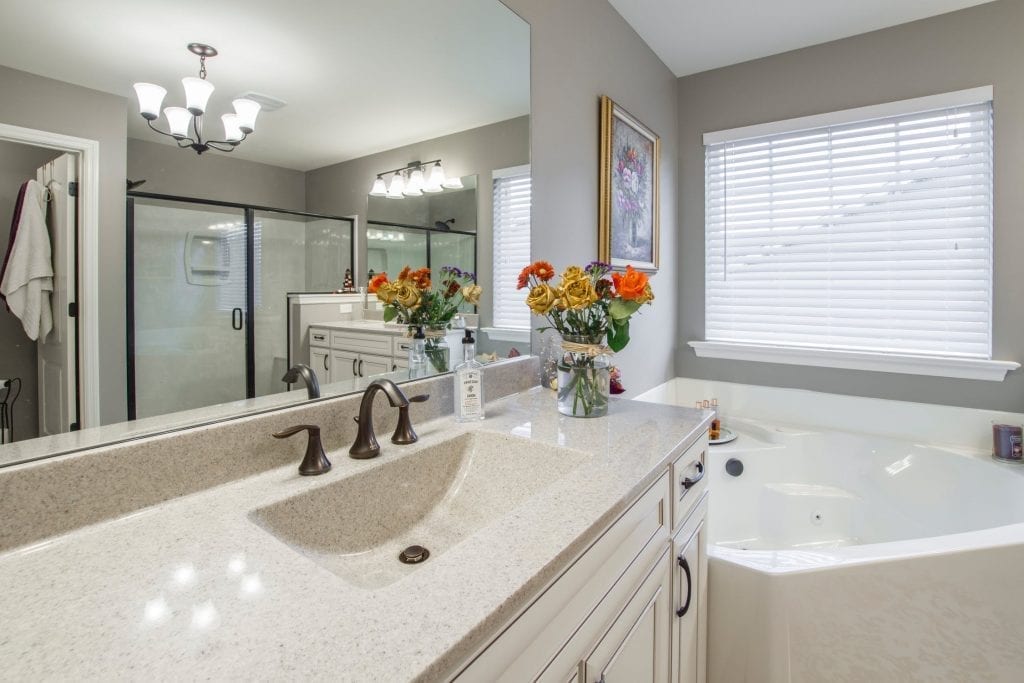 To avoid a flooded kitchen sink, it's important to design with prevention in mind. This includes choosing the right materials for the kitchen, such as a durable and waterproof countertop and backsplash. It also means having a proper drainage system in place, including a garbage disposal to prevent food scraps from clogging the pipes. In addition, having a functional and properly installed sink with a high-quality faucet can also help prevent flooding.
To avoid a flooded kitchen sink, it's important to design with prevention in mind. This includes choosing the right materials for the kitchen, such as a durable and waterproof countertop and backsplash. It also means having a proper drainage system in place, including a garbage disposal to prevent food scraps from clogging the pipes. In addition, having a functional and properly installed sink with a high-quality faucet can also help prevent flooding.
In Conclusion
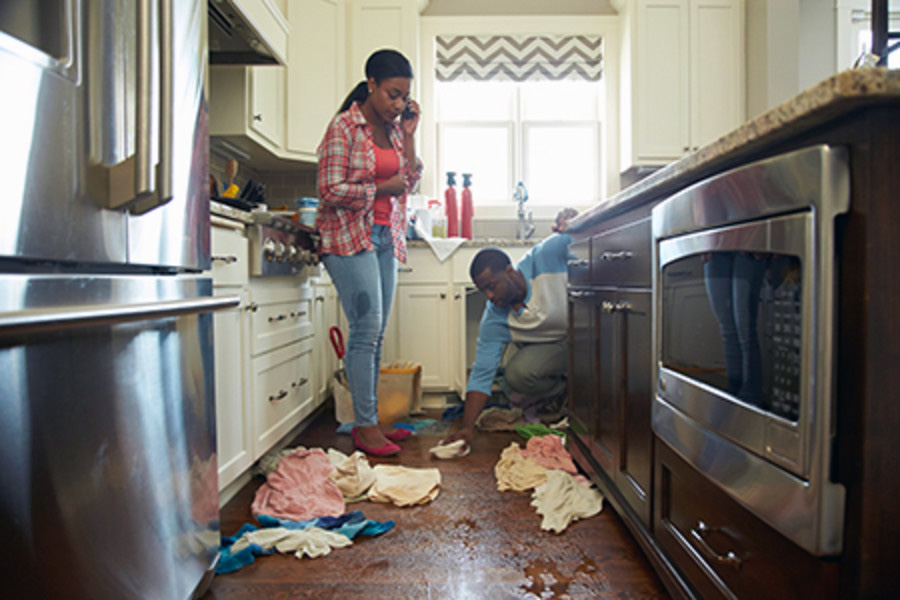 In conclusion, when it comes to house design, it's important to consider functionality and prevention. Proper drainage and plumbing, ventilation and waterproofing, and choosing the right materials can all help prevent a flooded kitchen sink. By investing in these aspects during the design process, homeowners can avoid the inconvenience and potential damage caused by a flooded sink. Don't let a small design oversight lead to a big problem in your kitchen. Make sure to prioritize functionality and prevention in your house design.
In conclusion, when it comes to house design, it's important to consider functionality and prevention. Proper drainage and plumbing, ventilation and waterproofing, and choosing the right materials can all help prevent a flooded kitchen sink. By investing in these aspects during the design process, homeowners can avoid the inconvenience and potential damage caused by a flooded sink. Don't let a small design oversight lead to a big problem in your kitchen. Make sure to prioritize functionality and prevention in your house design.
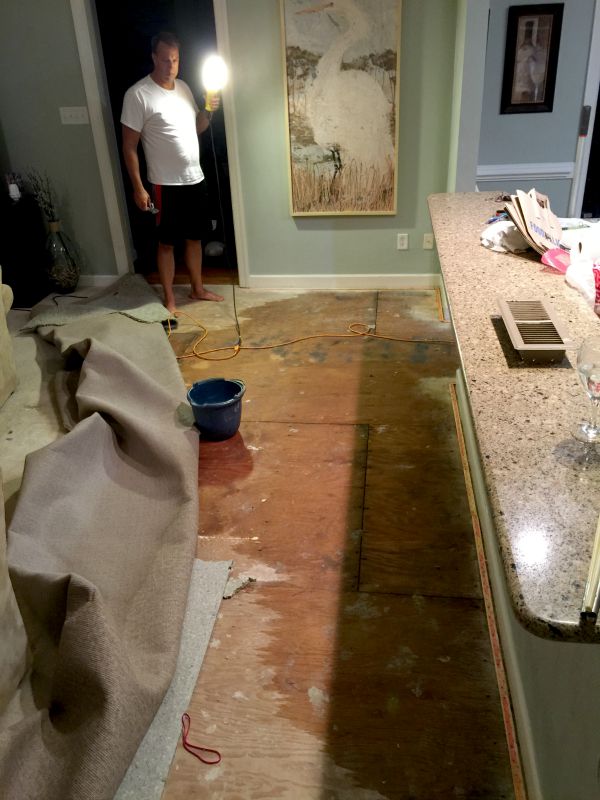





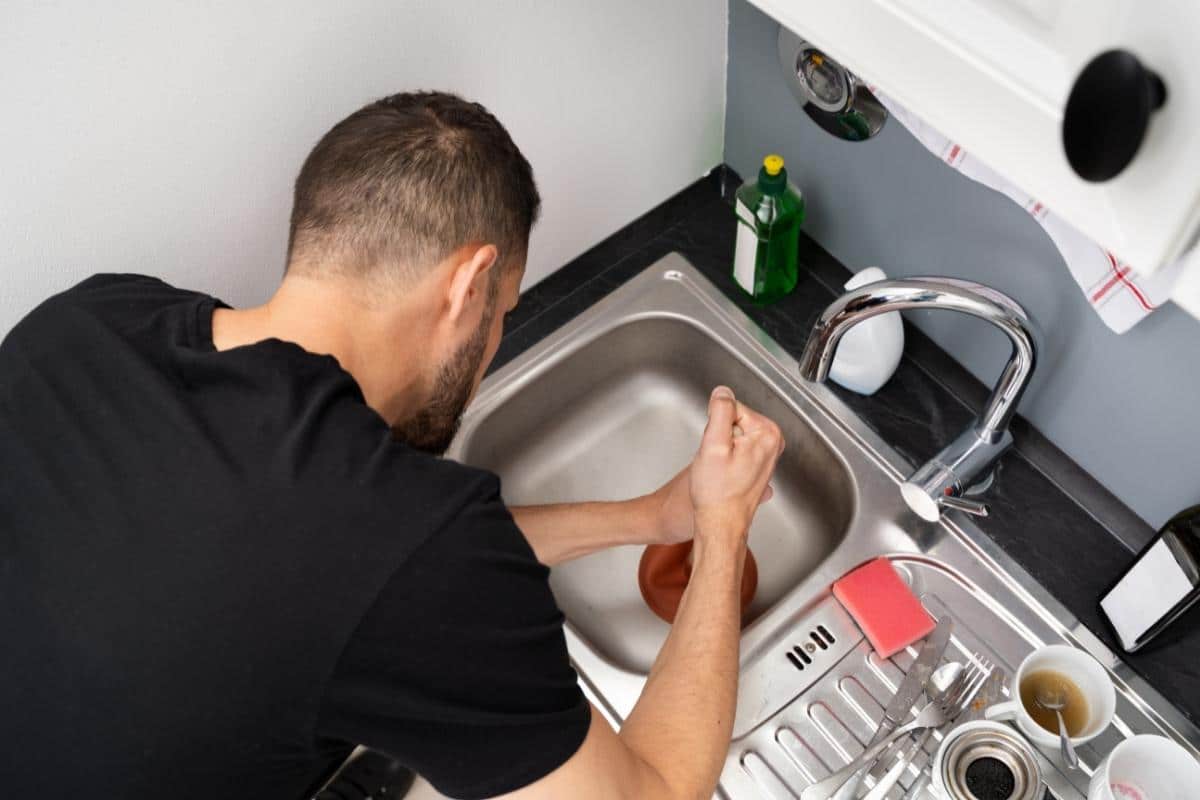

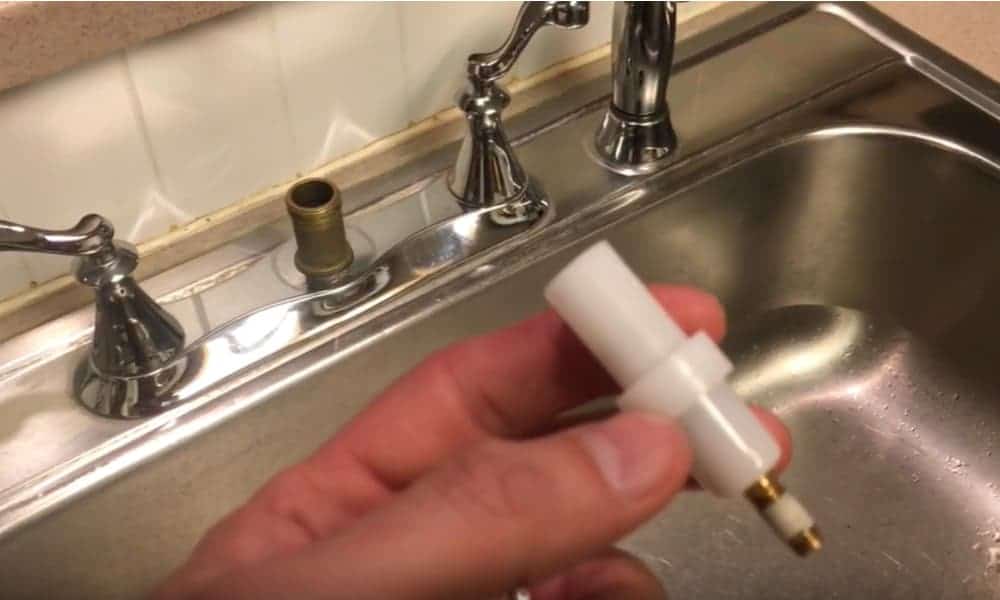

/how-to-unclog-a-kitchen-sink-2718799_sketch_FINAL-8c5caa805a69493ab22dfb537c72a1b7.png)

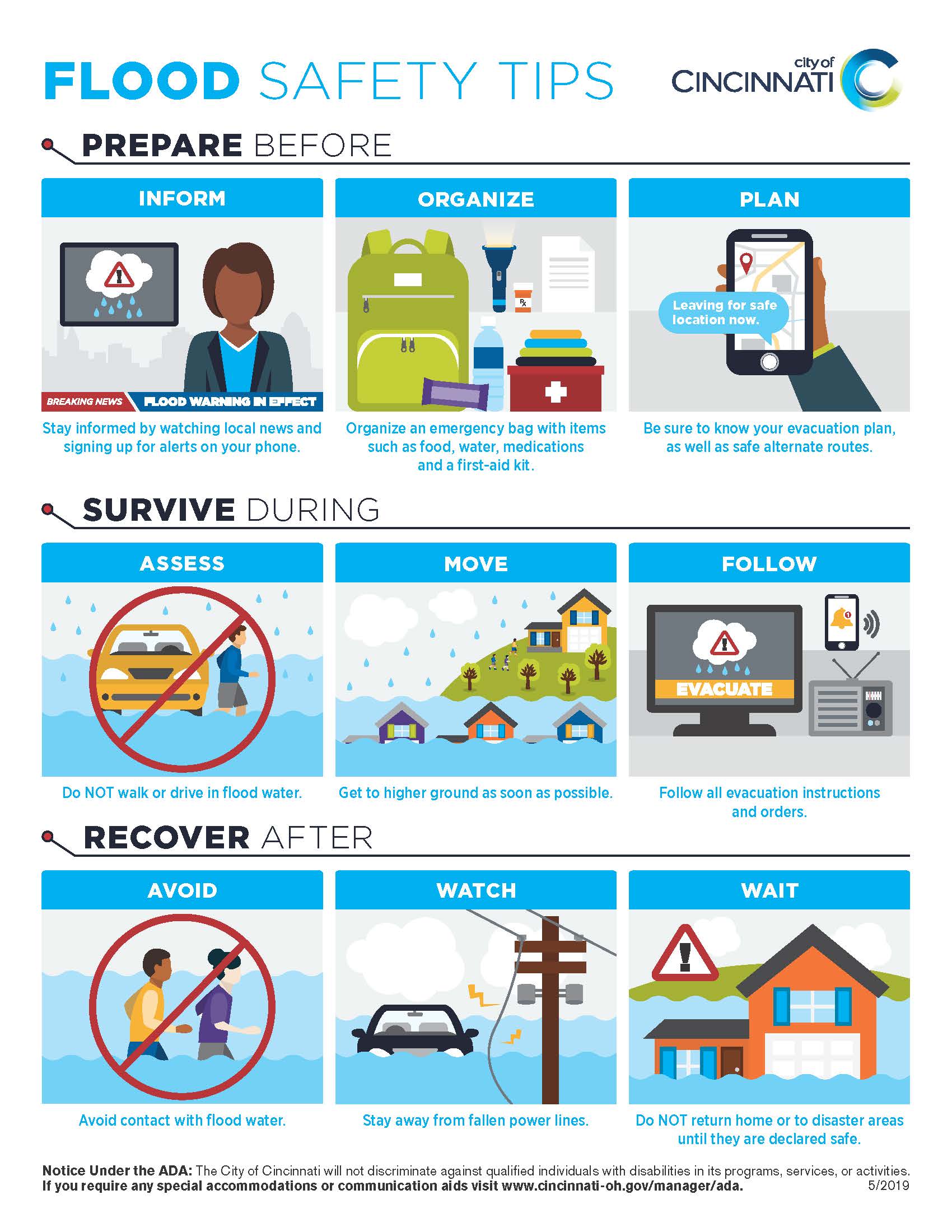


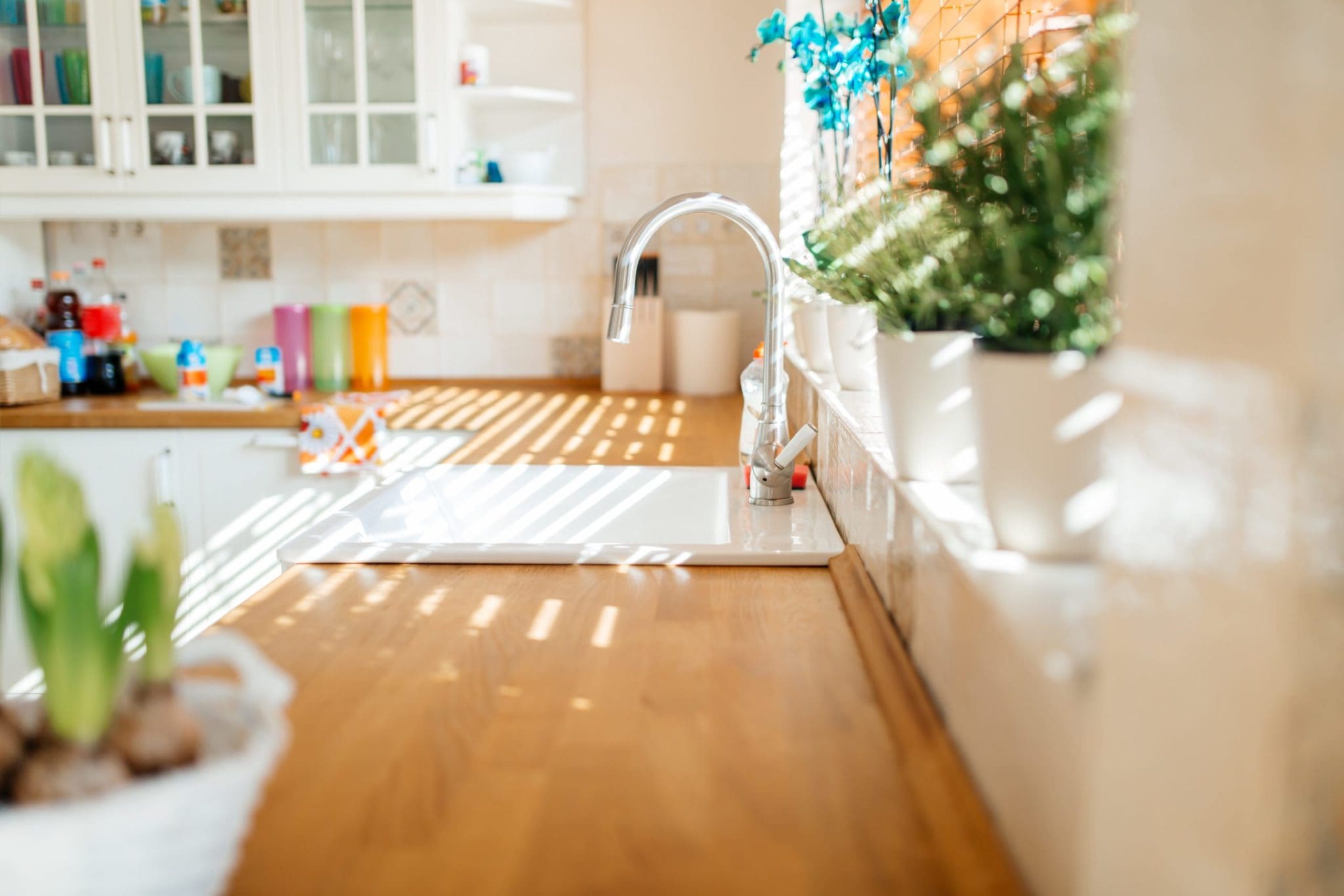
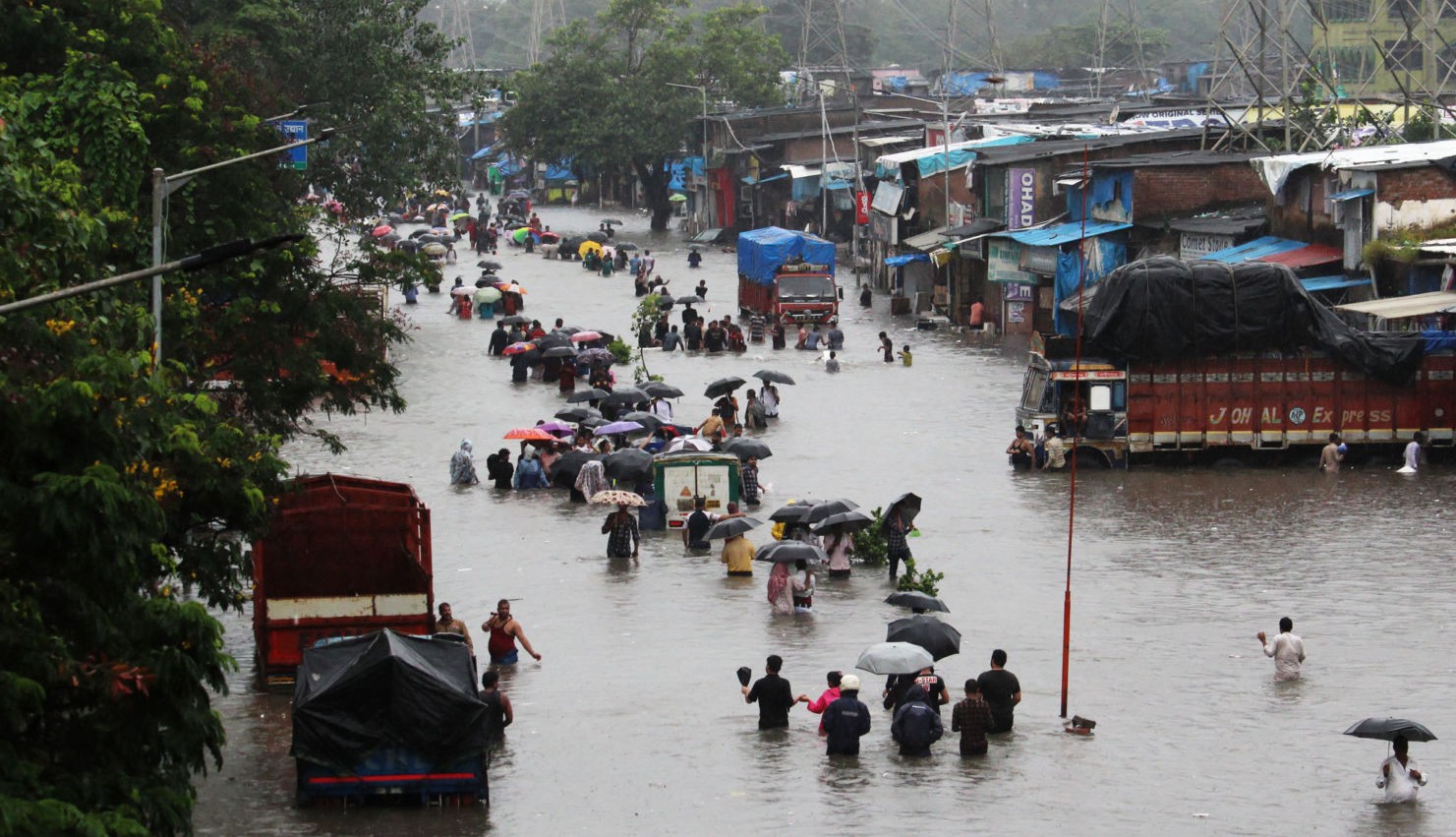
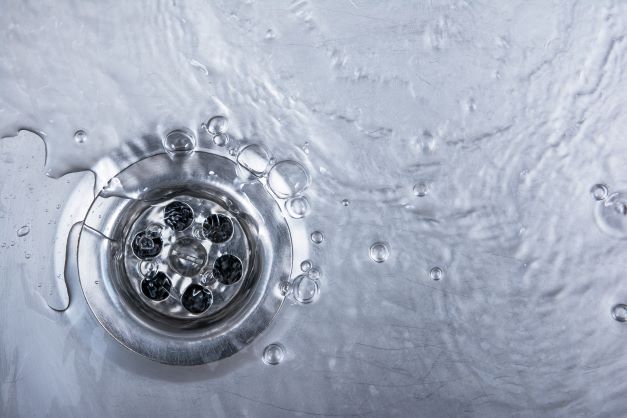


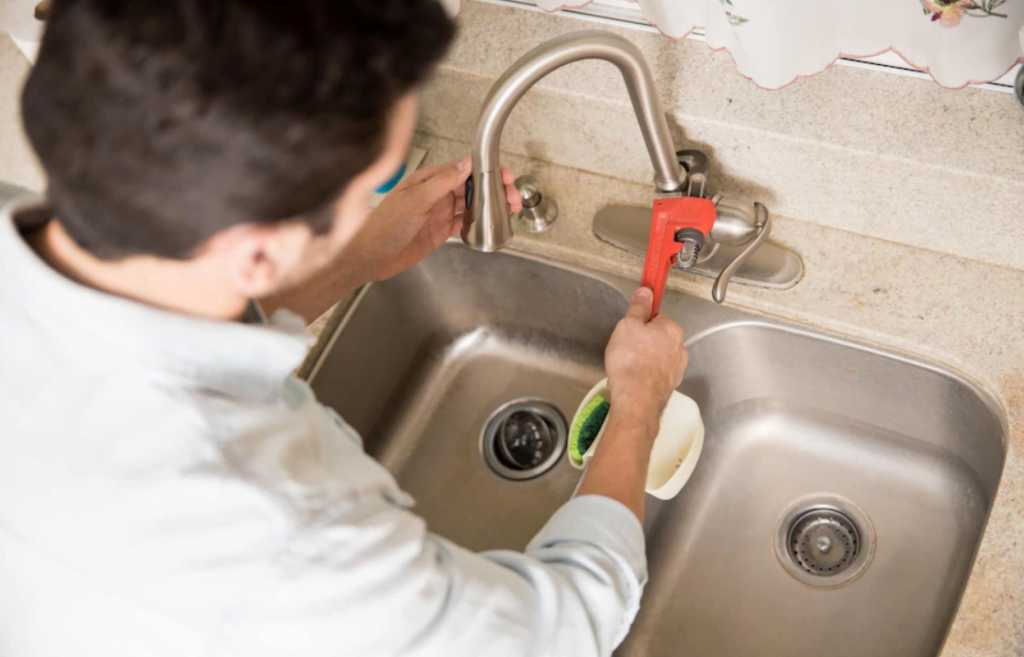

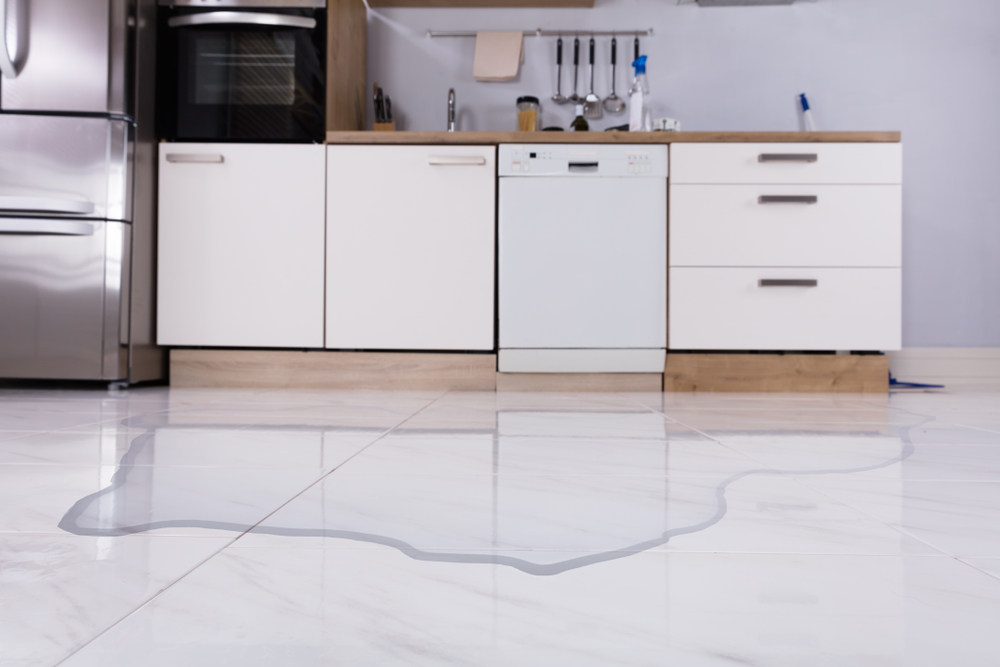



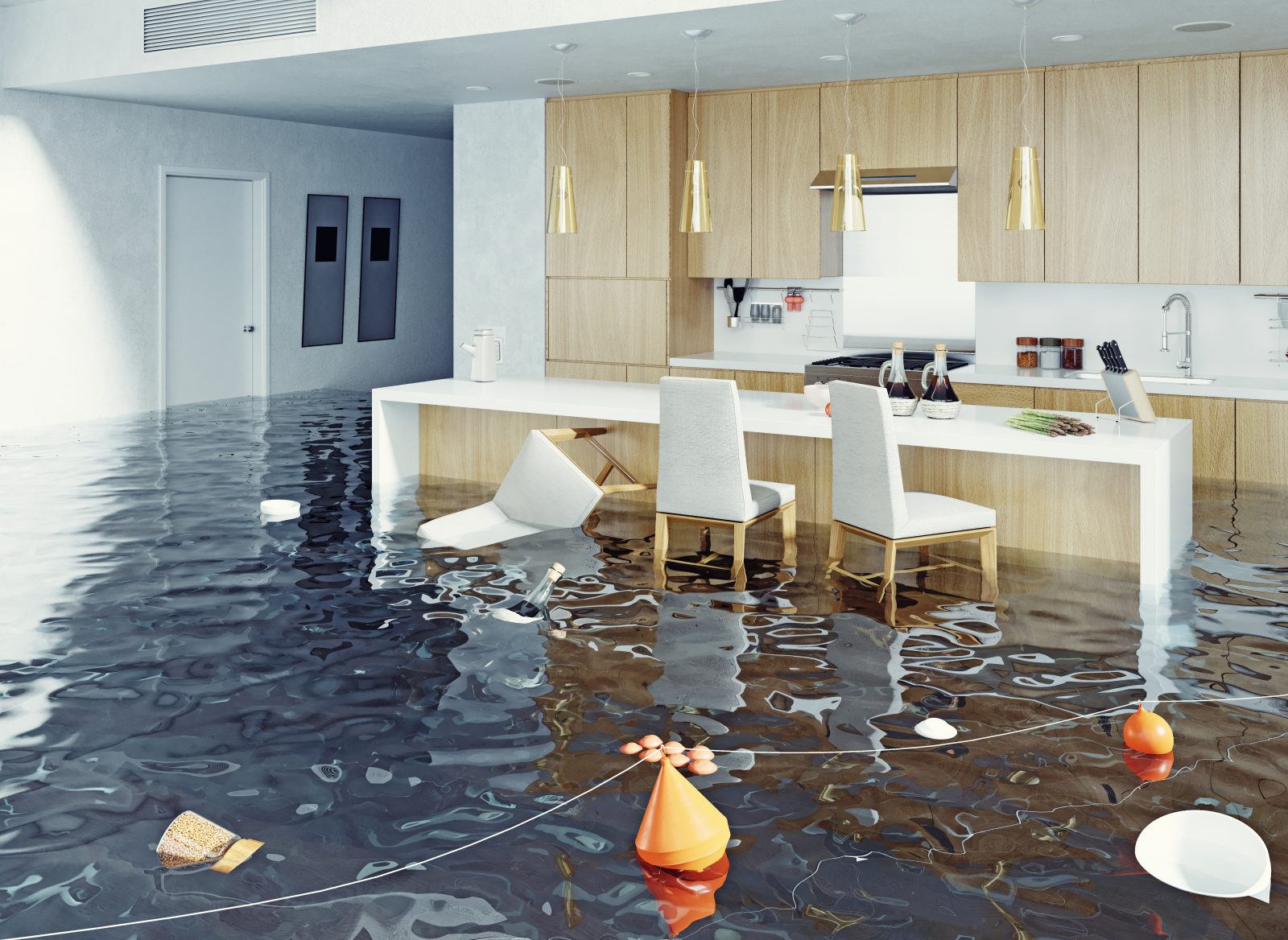








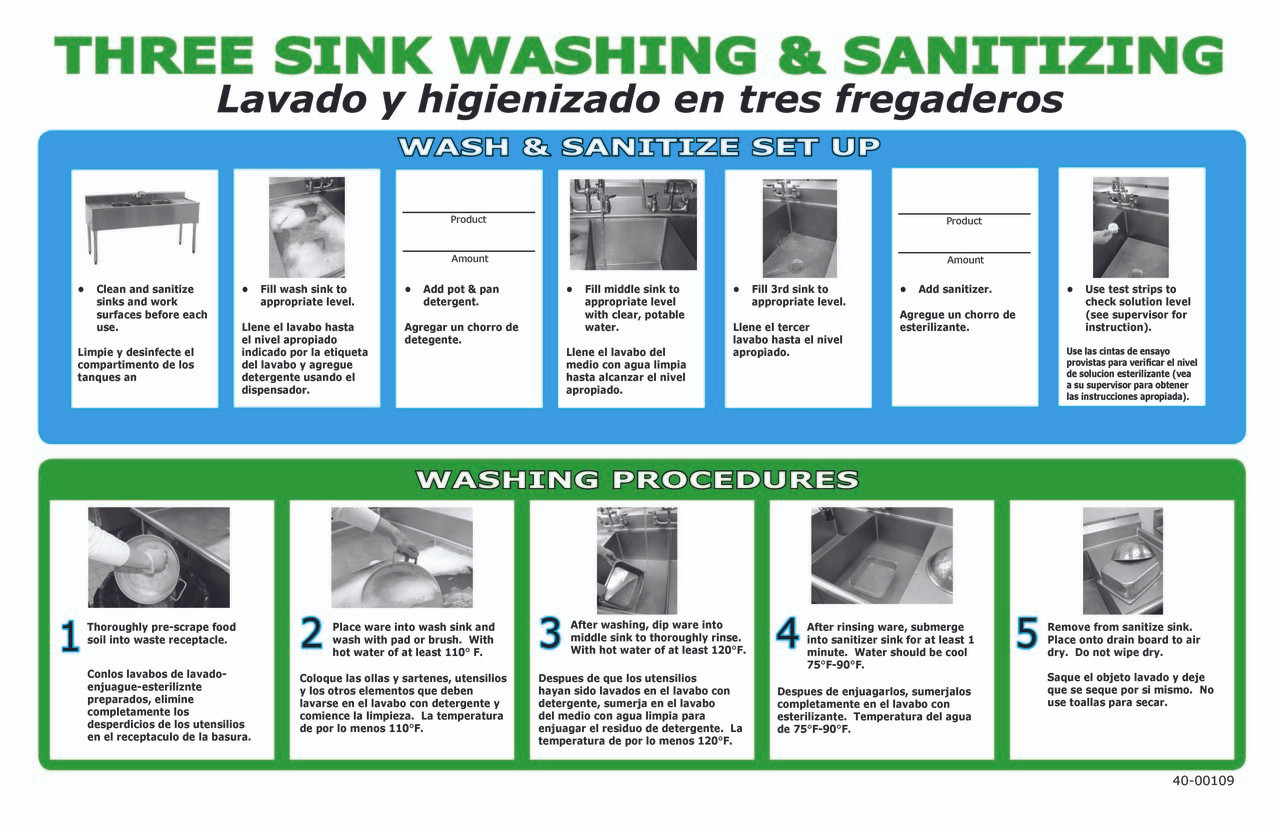




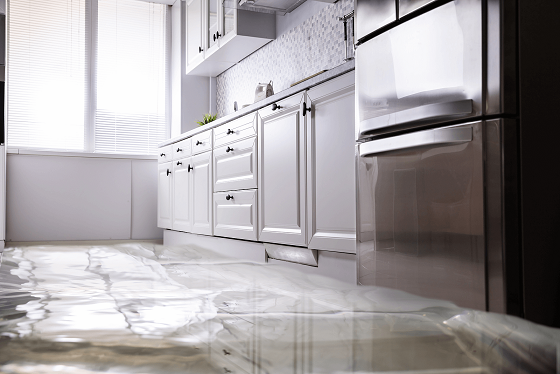

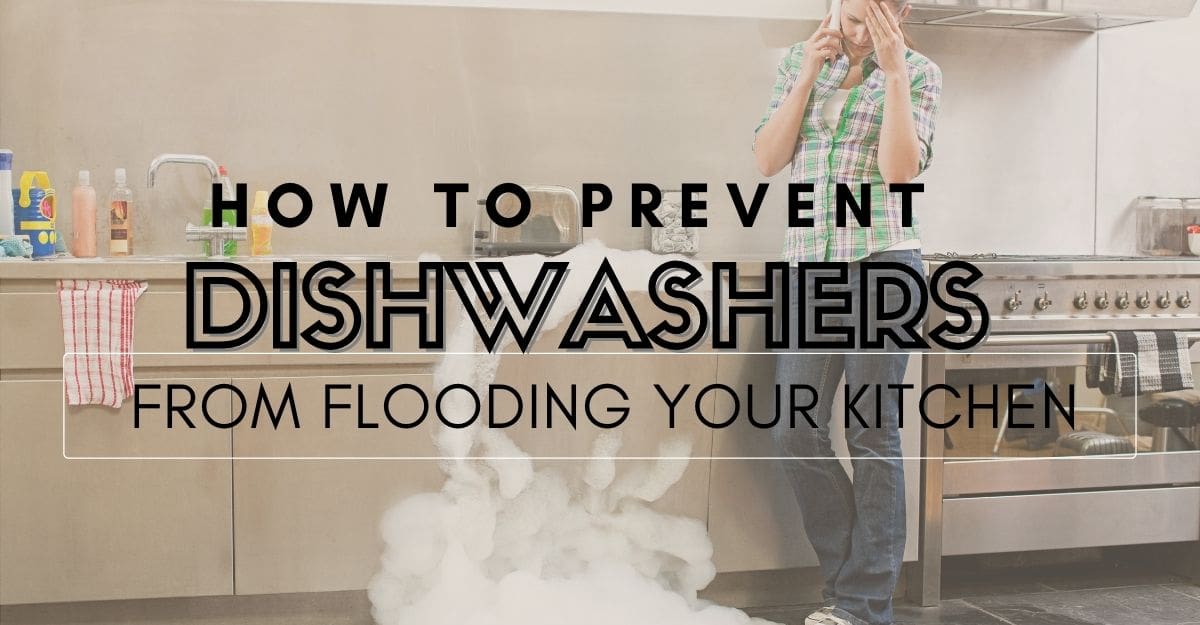

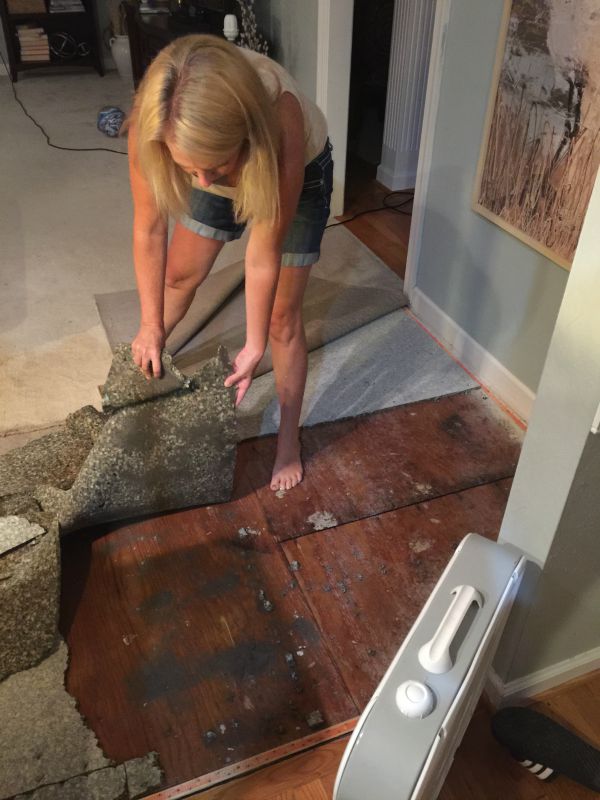



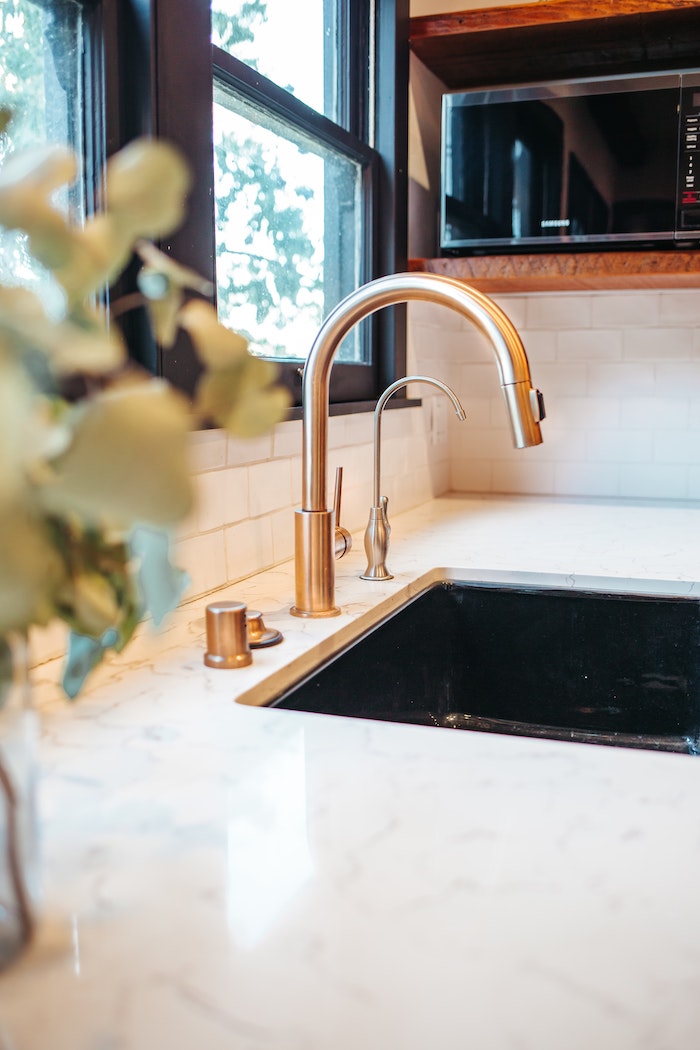
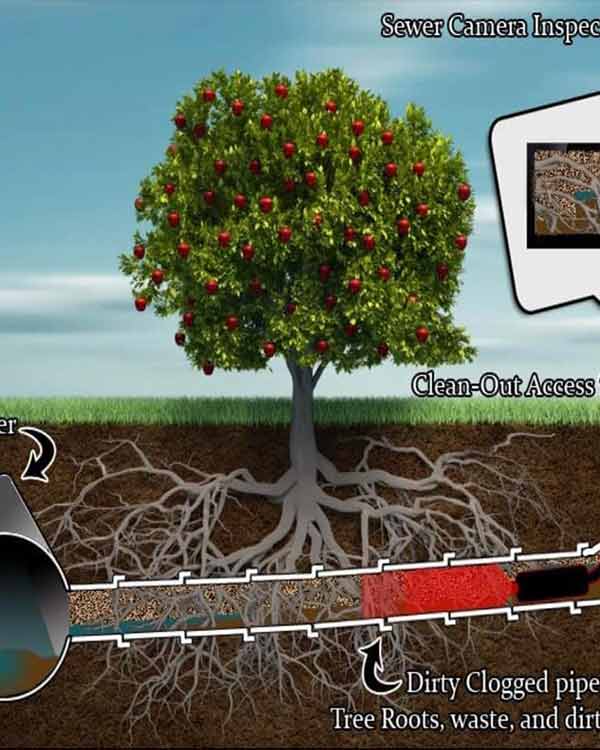
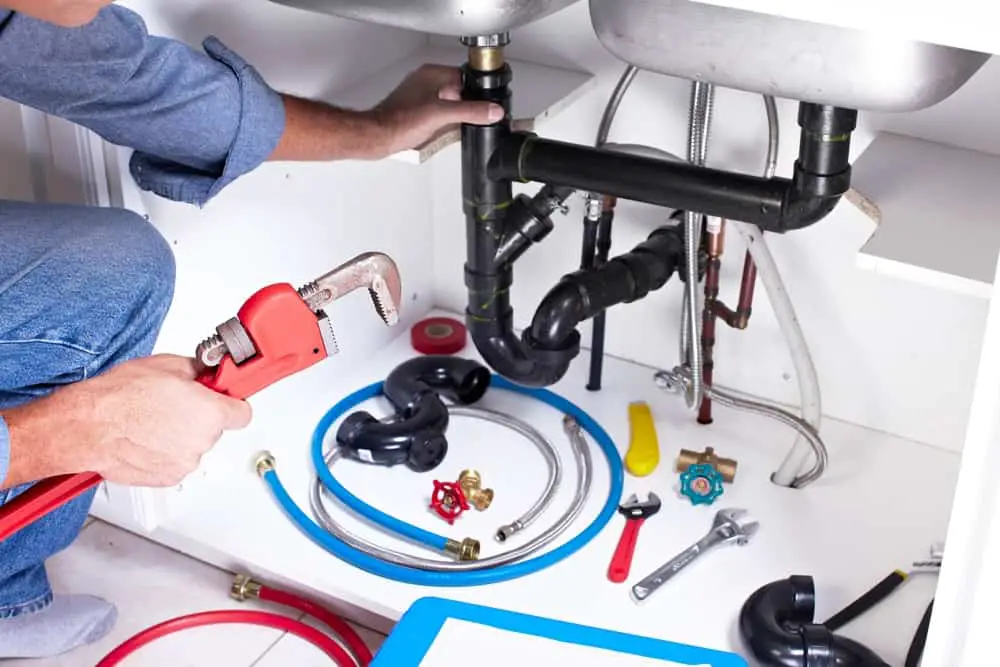

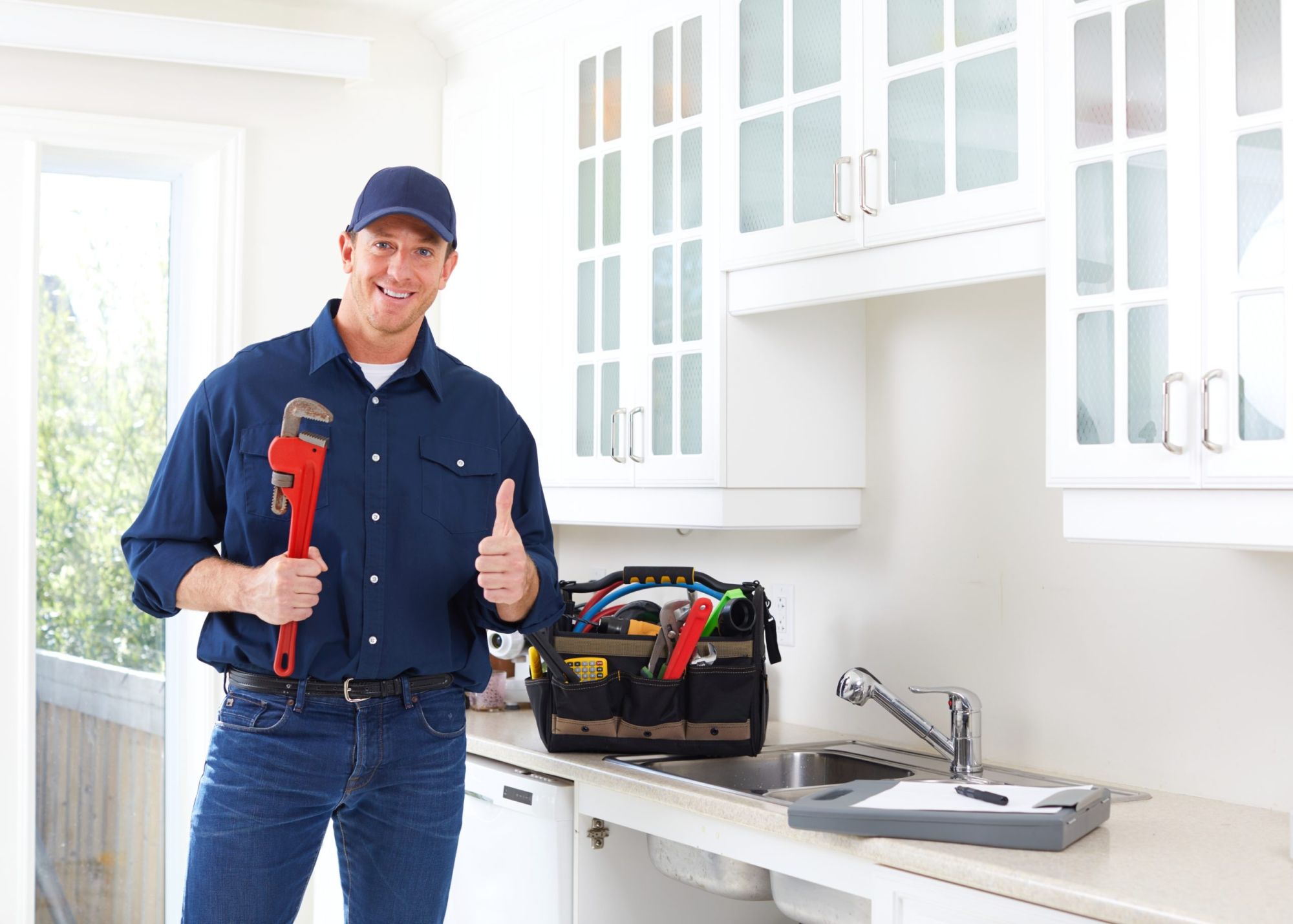
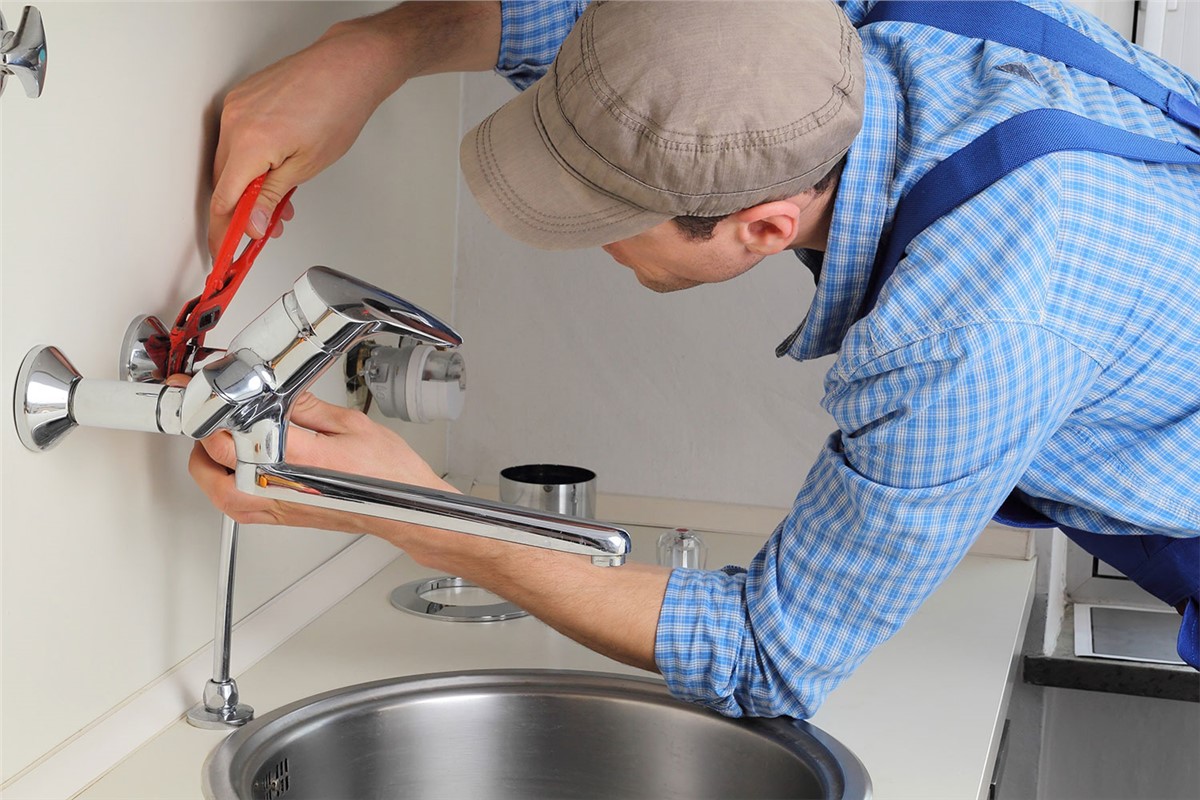
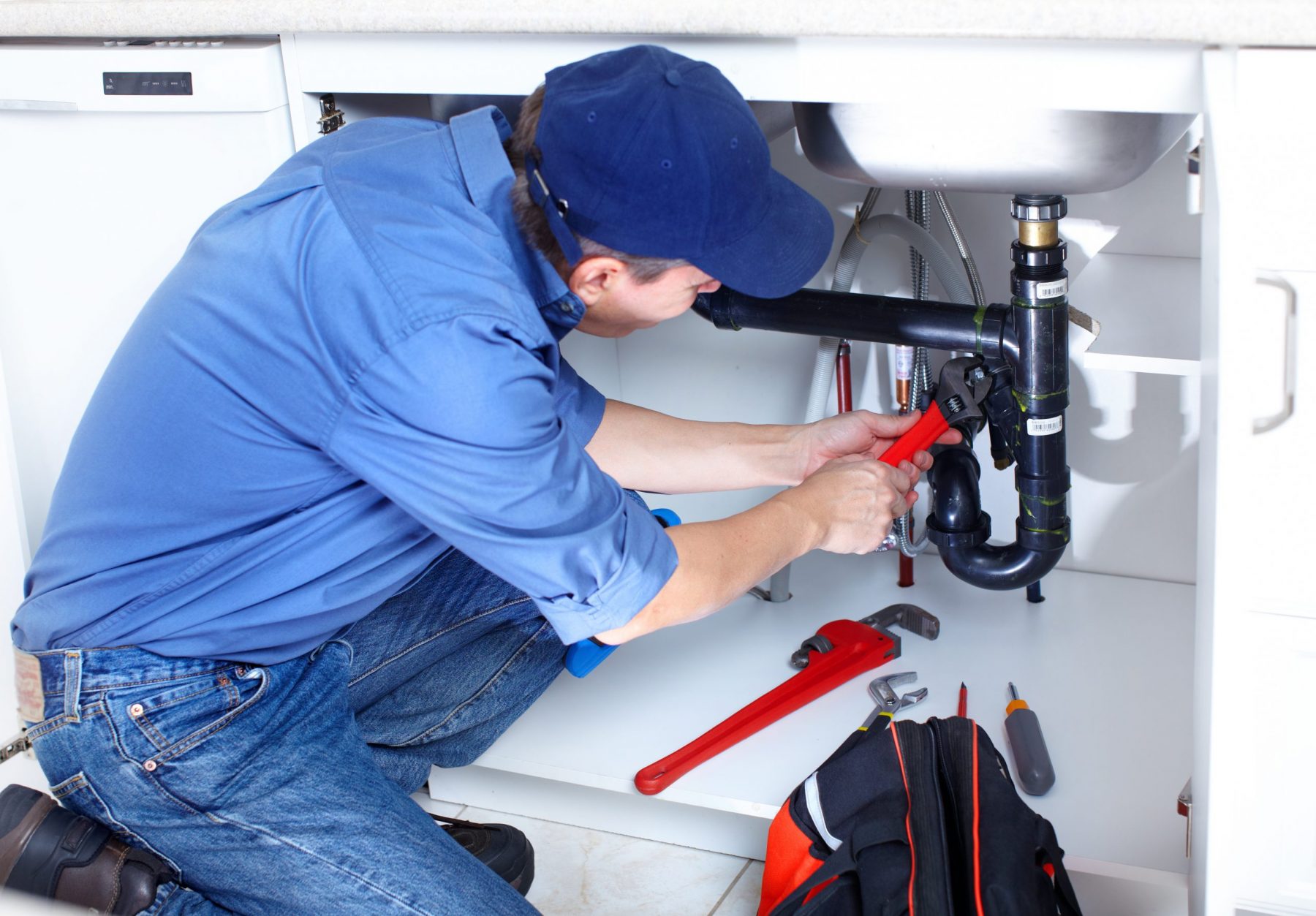
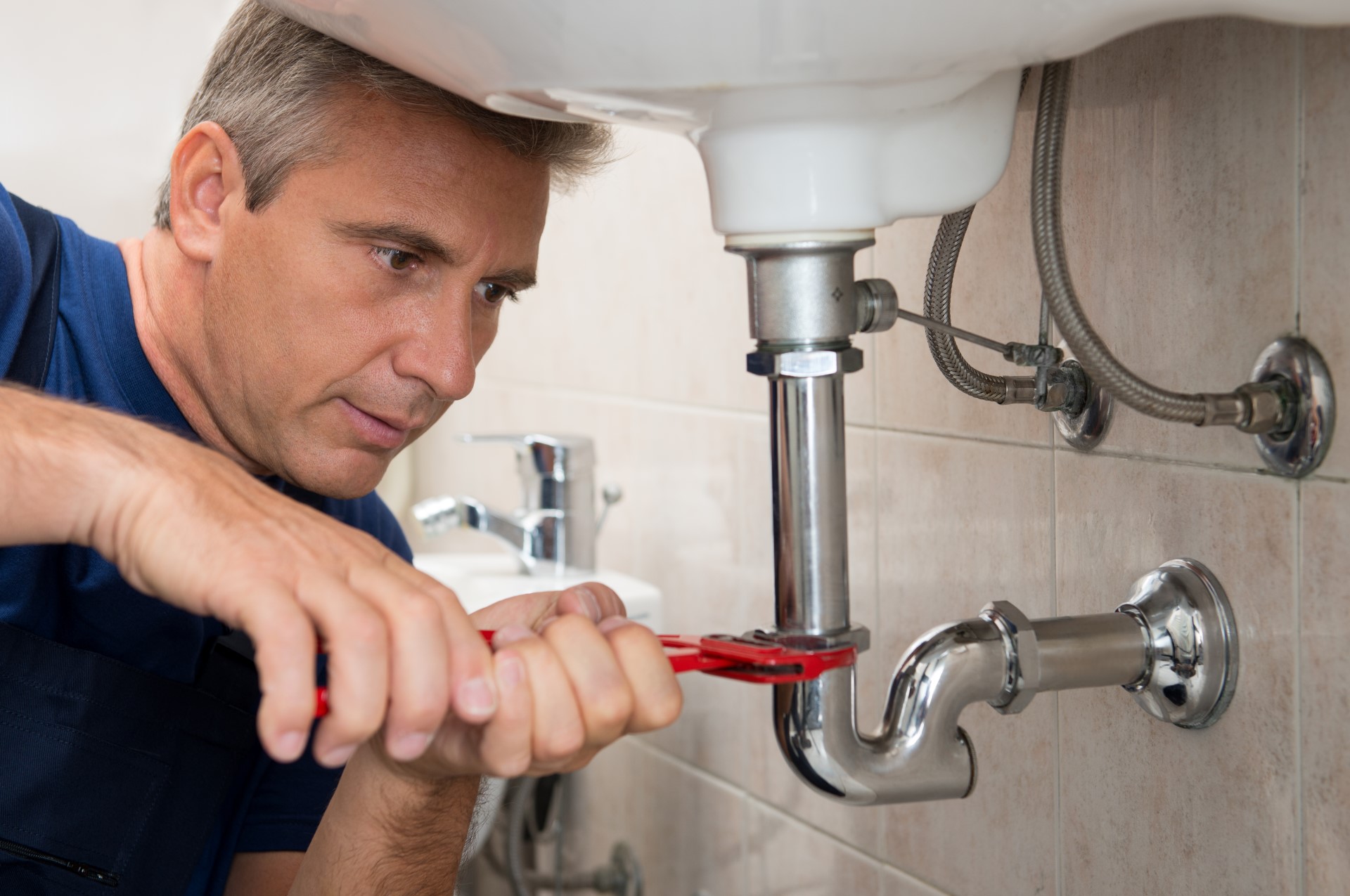

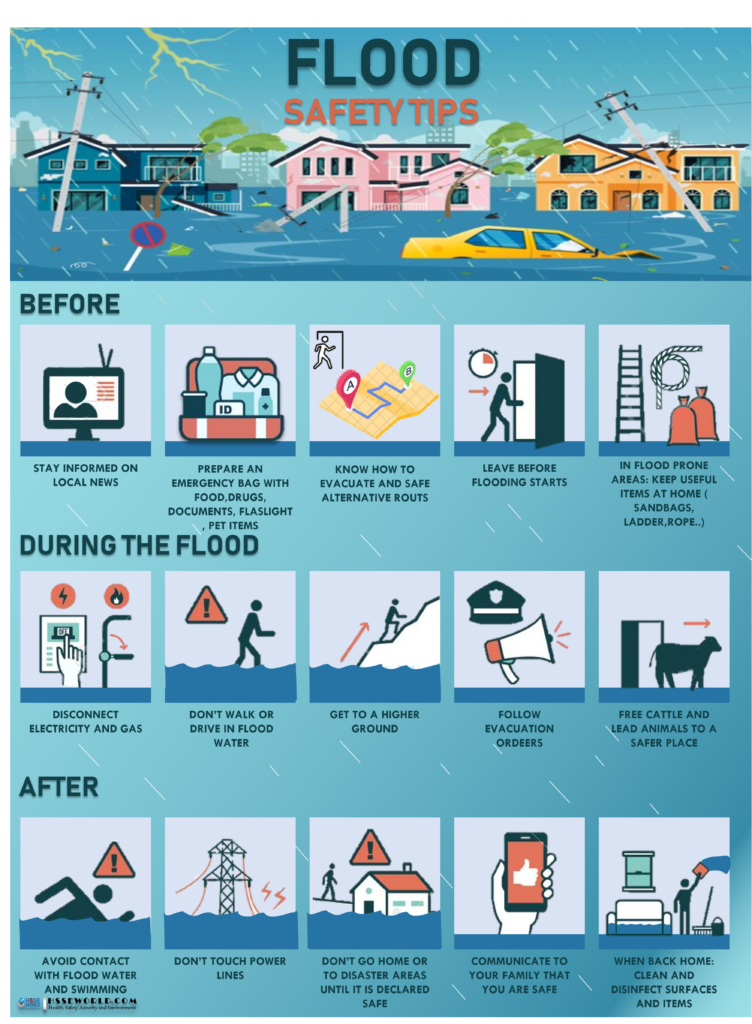
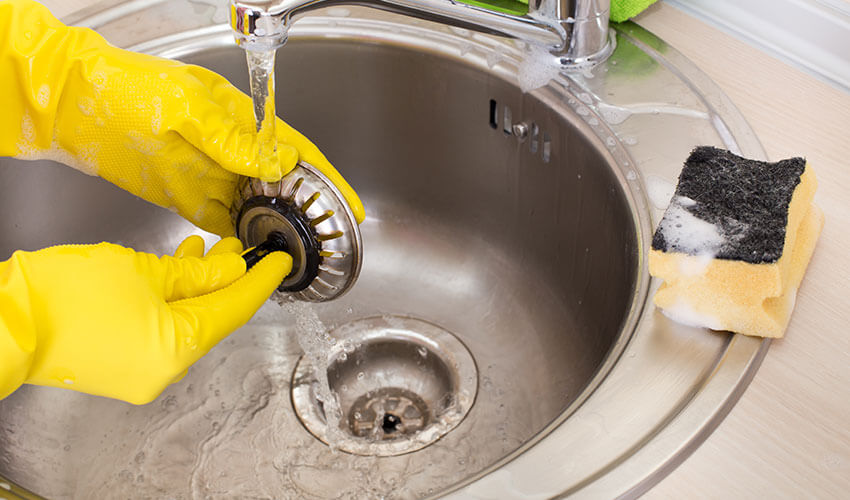
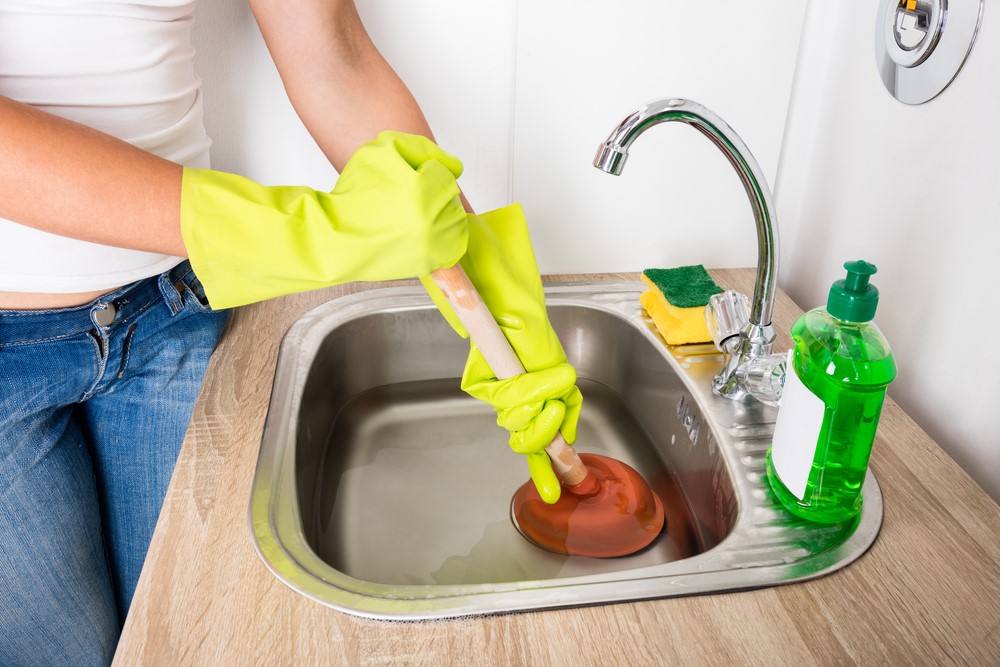
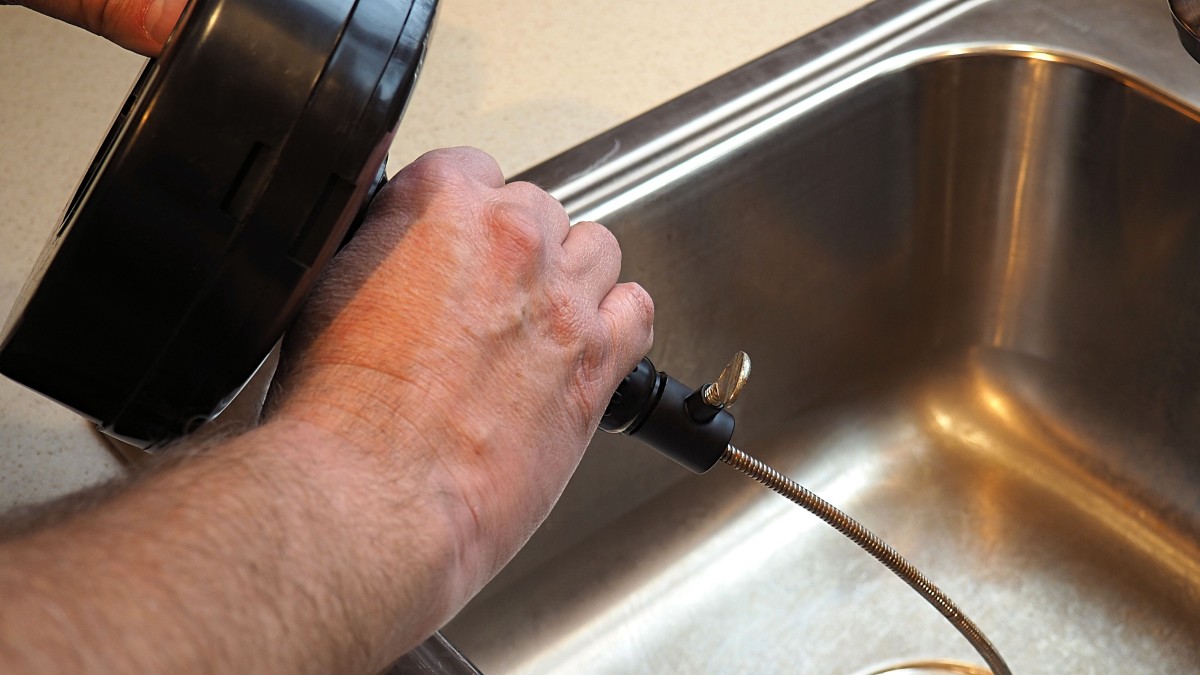



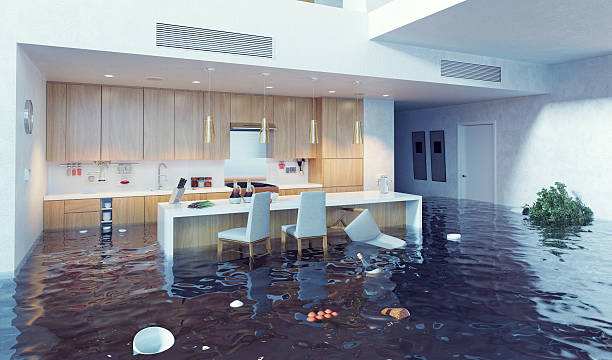




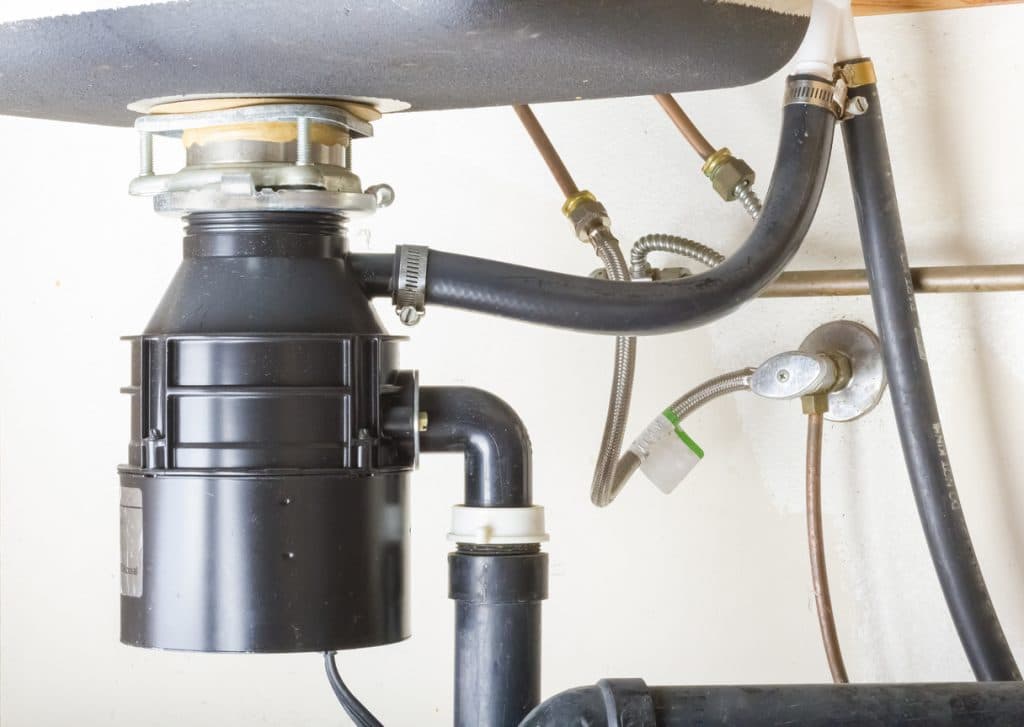


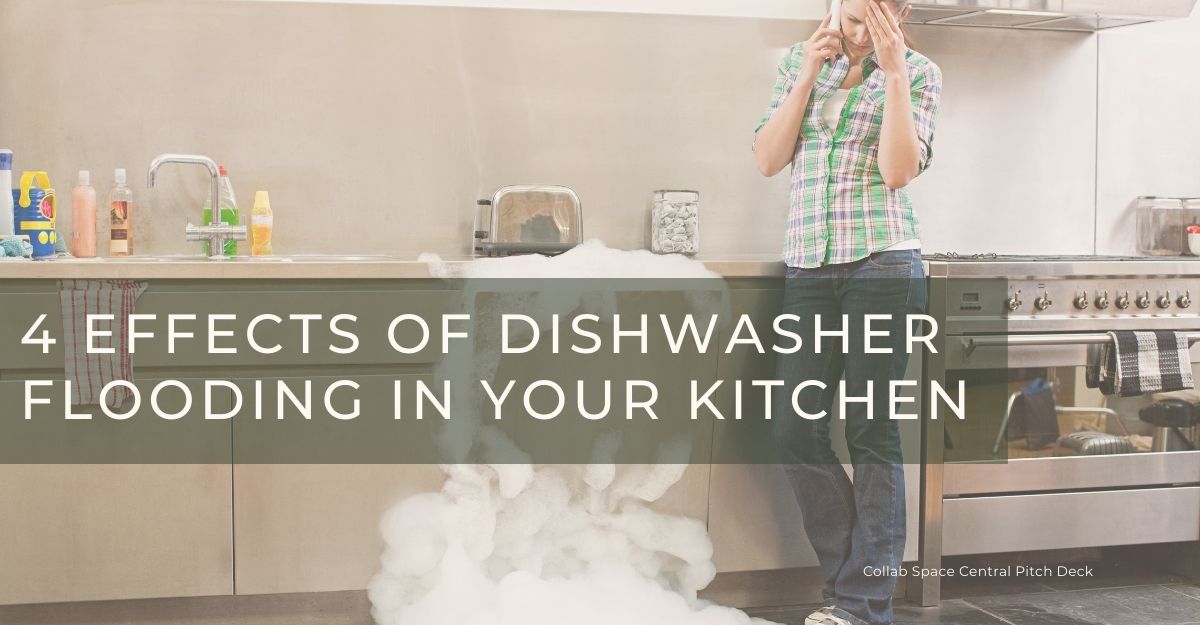



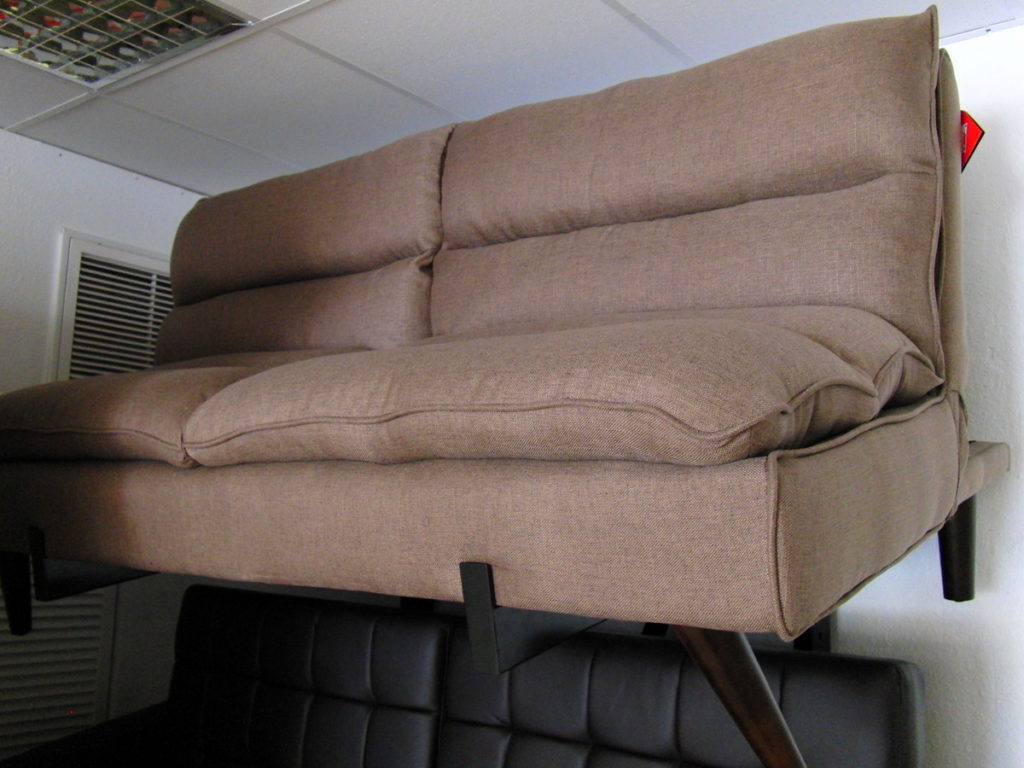
/cdn.vox-cdn.com/uploads/chorus_image/image/53118423/MattressFirm_JG.0.jpg)

